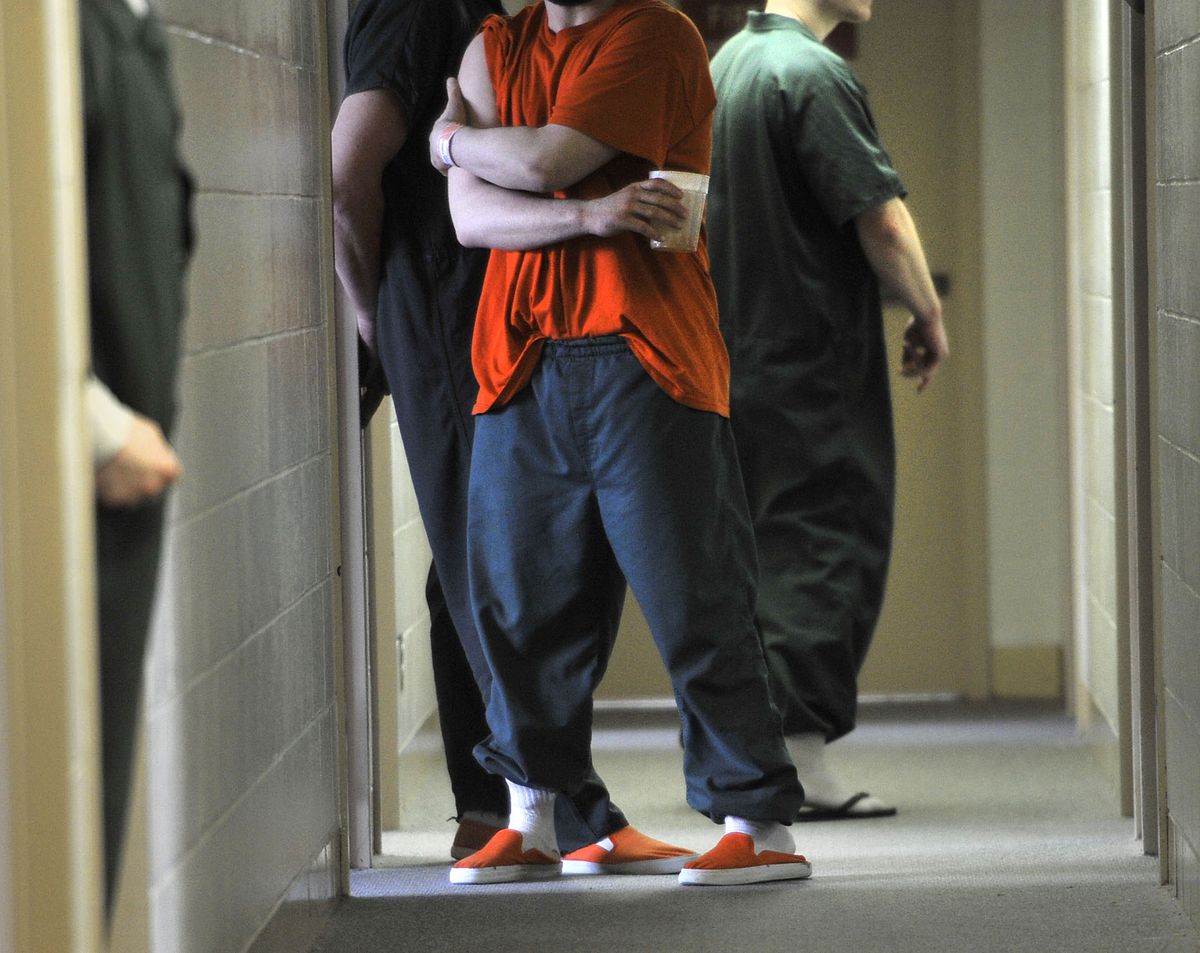Spokane County jail bond measure on hold

There will be no Spokane County jail bond measure this year and less chance of a legal challenge when a vote is scheduled, probably next year.
County commissioners voted unanimously Tuesday to abandon a controversial declaration of emergency that was necessary for a vote this year.
Critics argued that no genuine emergency justified sooner-than-usual consideration of land-use changes to allow a Geiger Corrections Center replacement near the Medical Lake interchange of Interstate 90.
Commissioners defended the declaration but said they wanted to prevent litigation that could tie up the jail project for years.
Declaring an emergency enabled the Planning Commission to begin consideration of a proposal to add 429 acres to an urban growth area – allowing sewer service for the 40-acre jail site – and a necessary zone change from “rural traditional” to “light industrial.”
Following the normal timetable for a 10-year review of urban growth areas, commissioners expect the land-use issues to be resolved by the end of the year.
The decision to delay presentation of a bond measure also was based on the realization that more work was needed to gain voter acceptance.
“We feel confident that we can reduce the cost even further,” Commissioner Mark Richard said.
The current $199.5 million plan calls for a 752-bed Geiger replacement, a new 192-bed community corrections center and renovation of the Spokane County Jail back to its original 462 beds – for a total of 1,406 beds.
Commissioner Todd Mielke said each of the elements is “critical,” but that it may be necessary to break the project into phases to gain voter approval.
He hoped further analysis, including an independent review commissioners plan to commission, may help identify a strategy that balances needs and political reality.
Sheriff Ozzie Knezovich joined commissioners in announcing the delay with a news conference and tour of the Geiger Corrections Center. Knezovich said the delay is worrisome because the county’s main jail is getting more dangerous inmates who can’t be sent to Geiger to relieve crowding.
Sheriff’s Lt. Joanne Blake, assistant Geiger commander, led reporters down the long, narrow hallways of the converted World War II Army barracks. Lack of access and room to maneuver make it difficult to help corrections officers or inmates under assault, Blake said.
She pointed out the exposed fluorescent light fixtures that inmates use to light illicit cigarettes with sparks or to electrify their metal bunks for cooking cheese sandwiches.
Glass windows in every room are a constant challenge, Blake said. “We’ve tried every screen there is to keep them from breaking out the windows.”
Tampering with exposed plumbing in shared bathrooms is a frequent source of flooding, and recent weather-related flooding knocked out security cameras and left exterior walkways “pitch black” for days, Blake said.